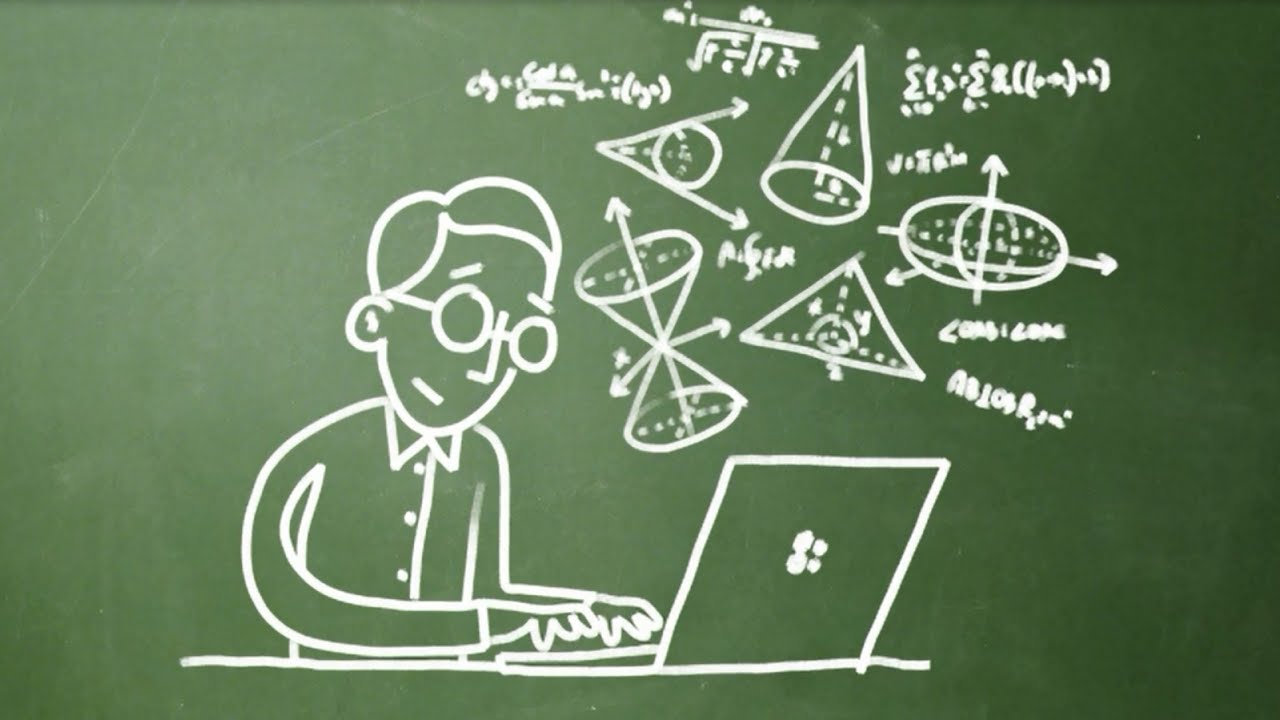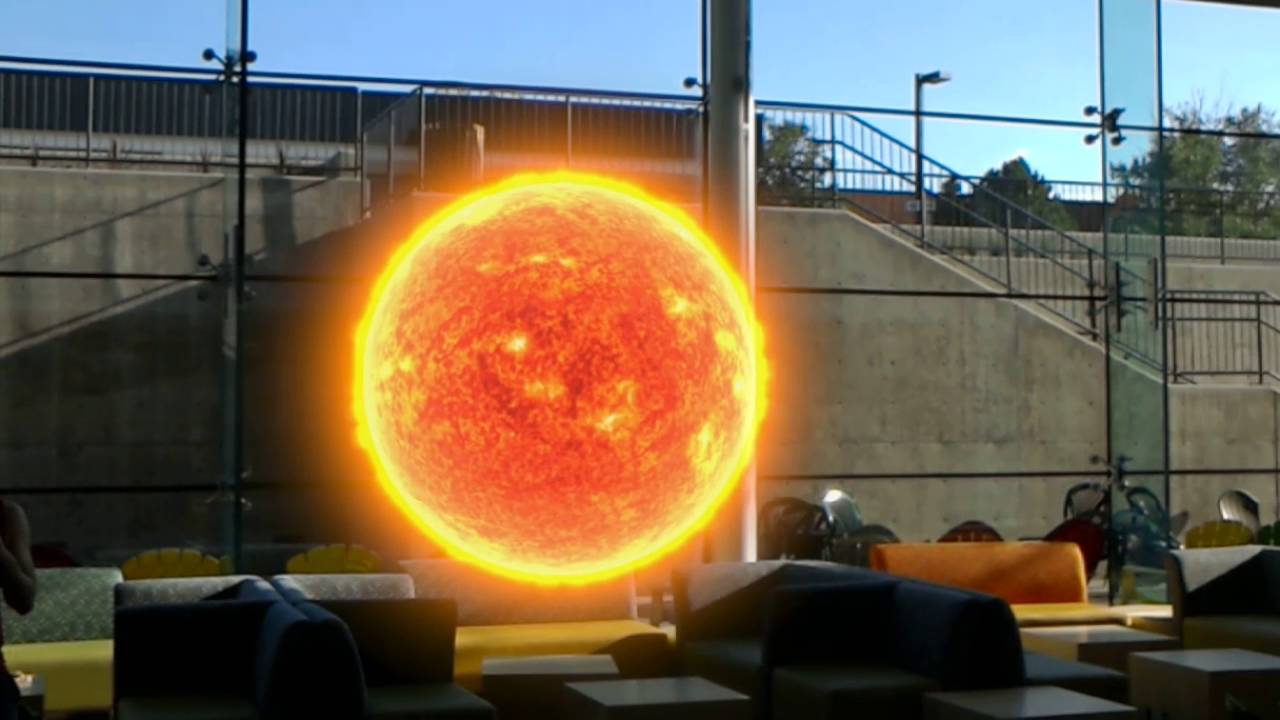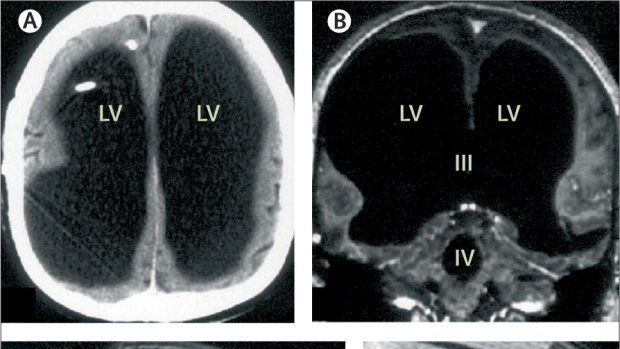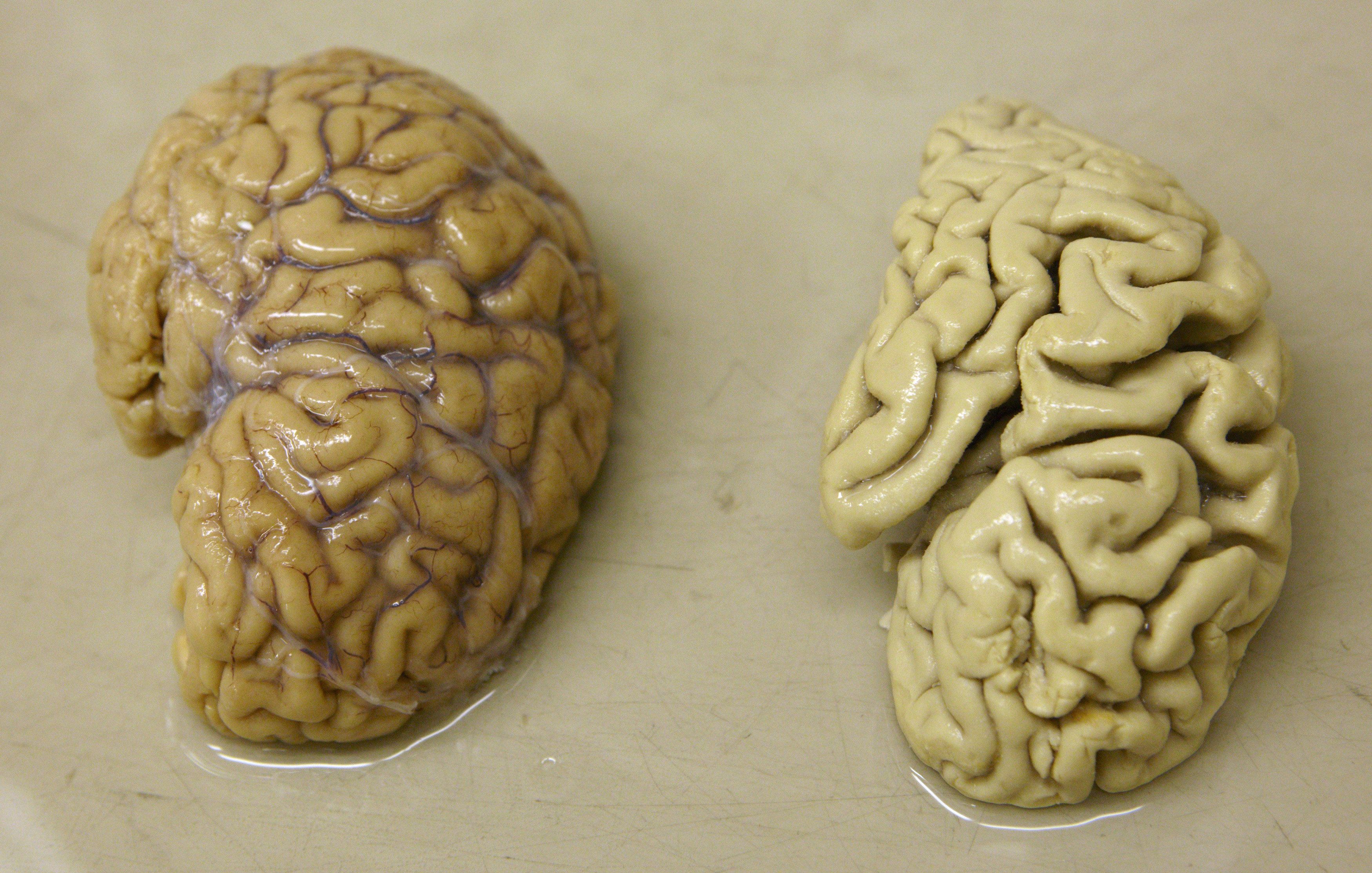Page 11407
Jul 17, 2016
Researchers say an Alzheimer’s vaccine is possible within 5 years
Posted by Dan Kummer in categories: biotech/medical, neuroscience
The potential vaccine would address a protein buildup that occurs when two proteins, amyloid-beta (a-beta) and tau, die and create plaques that block connections between brain nerve cells, says the study from researchers at Flinders University in Adelaide Australia in partnership with a research team at the Institute of Molecular Medicine, and University of California, Irvine. Autopsies have shown that these plaques are always present in the brains of deceased Alzheimer’s patients, although Medical News Today reported that it is not clear if there are other underlying processes also contributing to the disease.
Try Newsweek for only $1.25 per week
“Essentially what we have designed is a vaccine that makes the immune system produce antibodies, and those antibodies act like tow trucks so they come to your driveway, they latch on to the breakdown protein or car and they pull it out of the driveway,” said Flinders University medicine professor Nikolai Petrovsky, ABC News reported.
Jul 17, 2016
Nintendo Is Bringing Back the NES This Fall
Posted by Shailesh Prasad in category: entertainment
Nintendo fans may be anxiously awaiting next March’s supposed NX launch (and The Legend of Zelda: Breath of the Wild), but the Japanese gaming giant has a little something up its sleeve in the meantime: a re-release for the iconic NES. Dubbed the Nintendo Entertainment System: NES Classic Edition, the console comes in the form of a miniaturized, HDMI-equipped take on the original and comes with 30 games built right in. Said Nintendo of America President and COO Reggie Fils-Aime:
We wanted to give fans of all ages the opportunity to revisit Nintendo’s original system and rediscover why they fell in love with Nintendo in the first place. The Nintendo Entertainment System: NES Classic Edition is ideal for anyone who remembers playing the NES, or who wants to pass on those nostalgic memories to the next generation of gamers.
Players will even be able to pick up a second controller for just $10 USD when the revamped NES drops this fall. And best of all? The mini console will only run you $60 USD.
Continue reading “Nintendo Is Bringing Back the NES This Fall” »
Jul 17, 2016
Primitive Quantum Computers Are Already Outperforming Current Machines
Posted by Andreas Matt in categories: computing, information science, particle physics, quantum physics

https://youtube.com/watch?v=jg8iCnQTLfM
A team has used simple quantum processors to run “quantum walk” algorithms, showing that even primitive quantum computers can outperform the classical variety in certain scenarios—and suggesting that the age of quantum computing may be closer than we imagined.
By now, most readers of Futurism are probably pretty well acquainted with the concept (and fantastic promise) of quantum computing.
Continue reading “Primitive Quantum Computers Are Already Outperforming Current Machines” »
Jul 16, 2016
Hololens Galaxy Exploring
Posted by Michael Paton in categories: augmented reality, space

https://www.youtube.com/watch?v=Wcg6gCbFBWY&feature=youtu.be
Exploring our Holographic Galaxy with my Hololens DevKit.
Shared from my #HoloLens #YawLife.
Jul 16, 2016
Exploring Rome In 360 degrees on Hololens
Posted by Michael Paton in category: augmented reality

From the real world to Rome with Holograms on my Hololens DevKit.
Jul 16, 2016
Marschitect Vera Mulyani Dreams of Cities on Mars
Posted by Klaus Baldauf in category: space
SPACE editor, Heather D’Angelo, spoke with Marschitect Vera Mulyani about her dreams to build Mars’ first ever self-sustaining cities.
Jul 16, 2016
DARPA Invests $7.5 Million for Implantable Biosensor that are 3 millimeters long and 500 microns in diameter
Posted by Klaus Baldauf in categories: chemistry, health, internet, military

Profusa (South San Francisco, CA) has won a $7.5 million grant from the Defense Advanced Research Projects Agency (DARPA) and the U.S. Army Research Office for further development of its tissue integrated biosensor technology, the company said Tuesday.
The U.S. military sees value in the technology improving mission efficiency through real-time monitoring of combat soldier health status.
Jul 16, 2016
Deep Learning Algorithm Automatically Colorizes Photos
Posted by Shailesh Prasad in categories: information science, robotics/AI
This is one of those sites you’re going to want to try yourself. Take any black and white image, feed it to the algorithm, and watch as it spits out its best guess at a color version, which is often quite convincing.
Using a deep learning algorithm developed by Richard Zhang, Phillip Isola, and Alexei Efros of UC Berkeley, the process was trained on one million images. Though it currently fools humans only 20% of the time, that’s still a significantly higher rate than previous iterations and represents an exciting step forward, and further training should only increase that rate. Imagine a time when Photoshop can colorize a photo in one step, leaving the end-user to just tweak a few hues here and there. Such a capability would be huge for restoring old family photos and the like.
I played with it a bit today, and the results were rather interesting. It struggles a bit with skin tones, which may be due to dataset bias (meaning the team may have trained it more with landscape-style images), but often the results are fairly good and definitely close enough that they could be tweaked to believability without a lot of effort.
Continue reading “Deep Learning Algorithm Automatically Colorizes Photos” »













